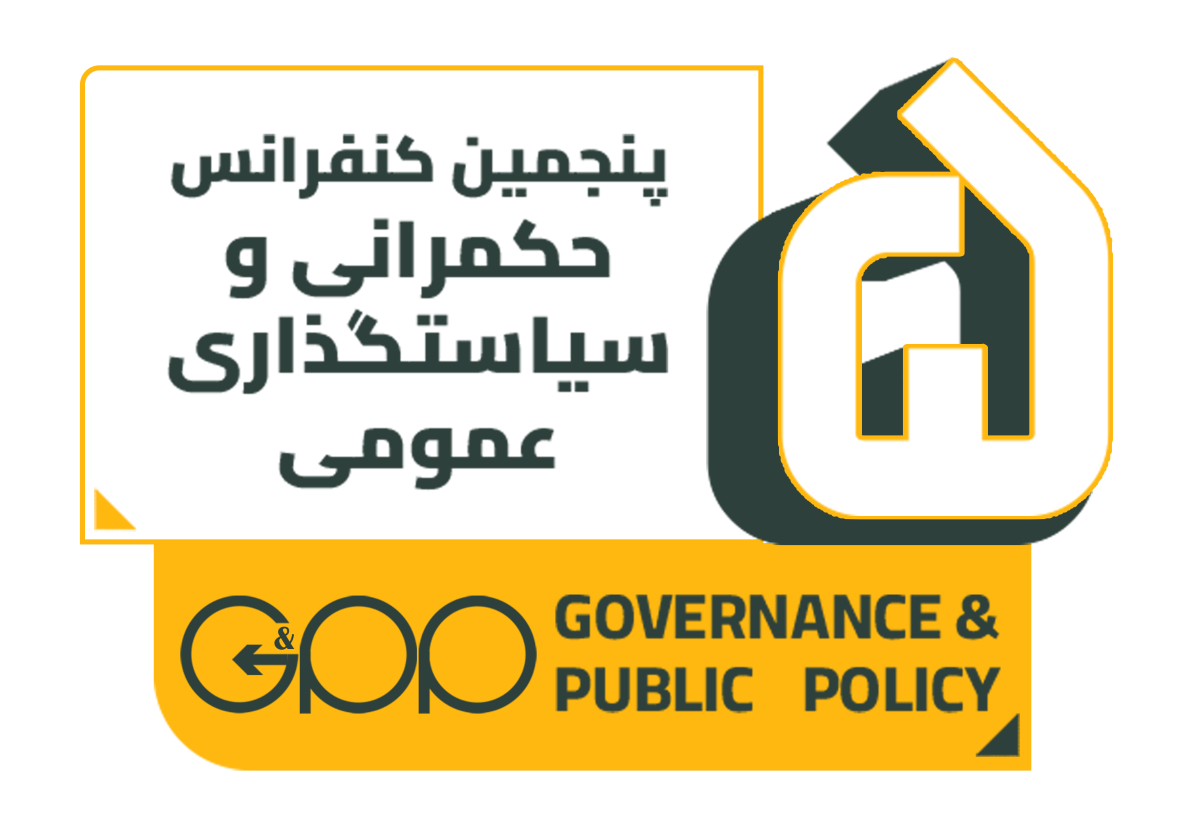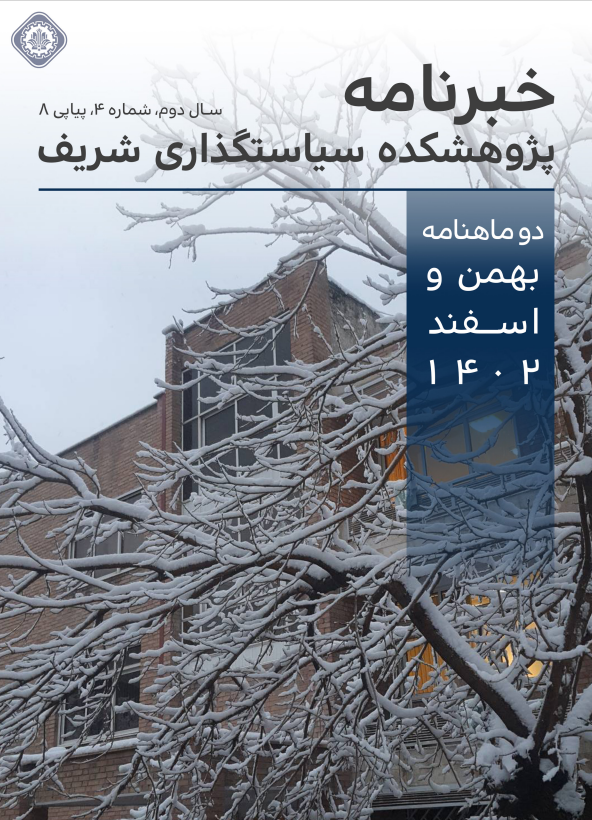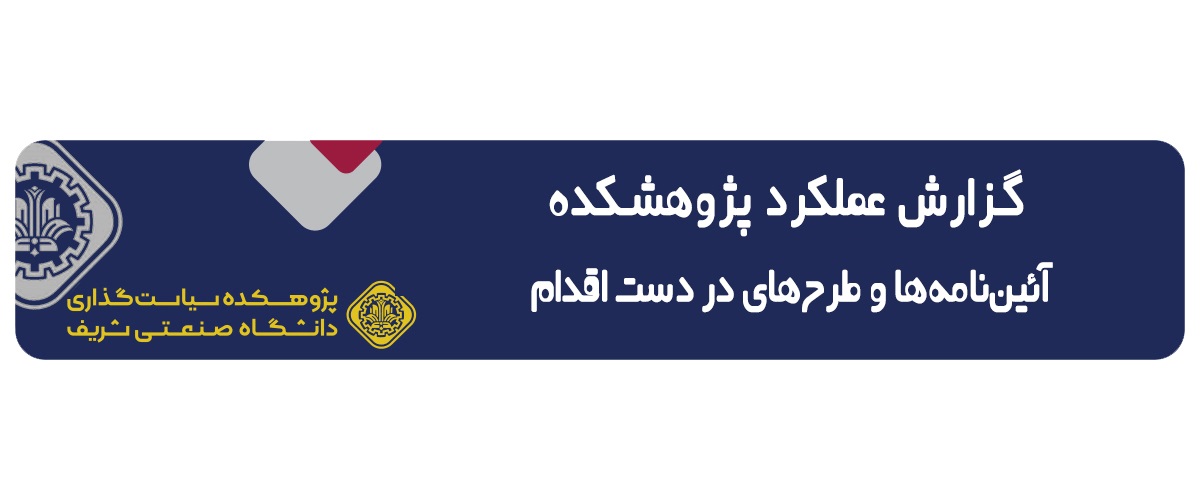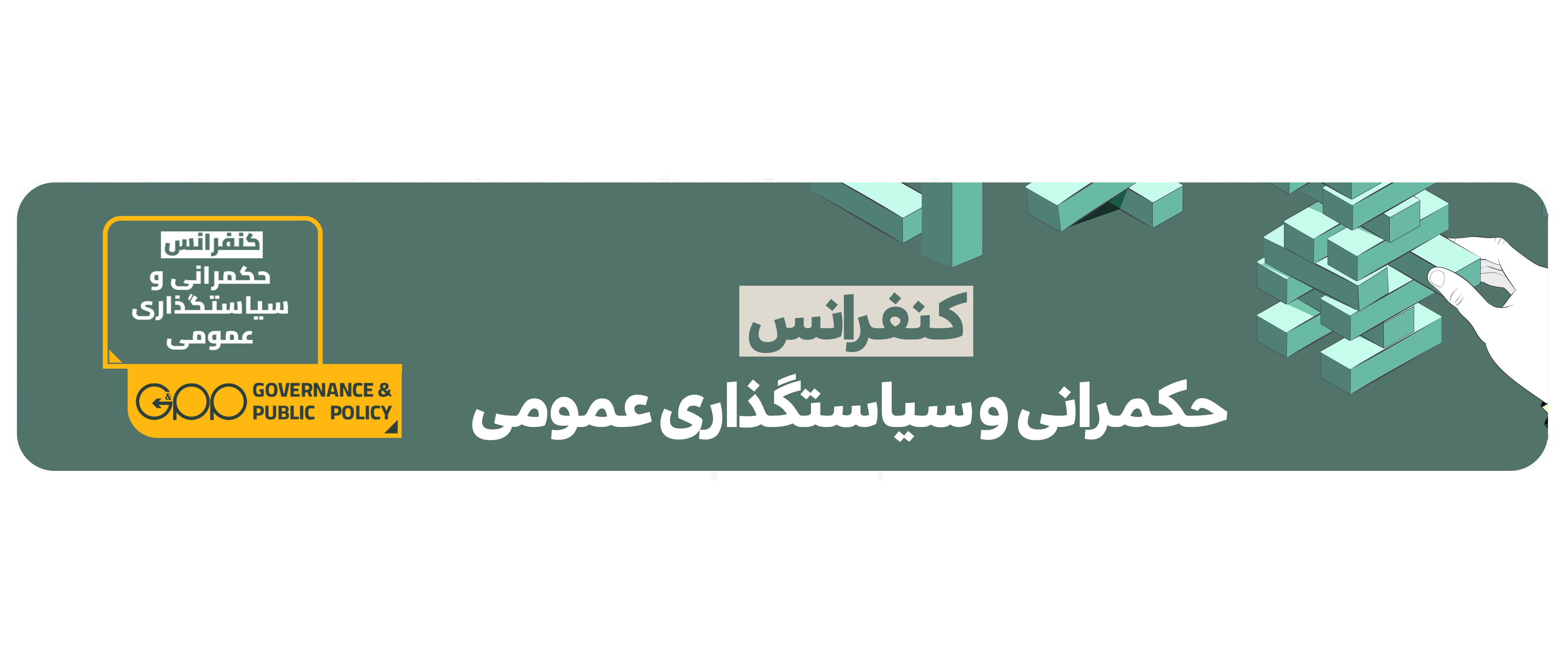چکیده
Citizen science (CS) could be categorized as three: 1) Communication of scientific results to citizens by their language to raise their awareness, 2) Getting citizens engaged for data collection, evidence gathering and monitoring, and 3) Scientific citizenship which points to sharing governance, policy, power and politics of science with citizens. The first two categories accept the current science paradigm as it is and help reinforce it by communication or methodology. The third one challenges the power structure of the science, but not its definition and subject. The present paper tries to open up debates on a fourth category of CS which tackles definition of science. Citizens' knowledge is thus recognised as a valuable complementary knowledge source. This makes CS much closer to current debates in philosophy of science, sustainability studies and STS as regard to interdisciplinarity of research, incorporation of tacit and experiential knowledge and new mode of knowledge production, extended peer communities and reflexivity. Based on a sustainability regional development case in Golbaf town of Iran, the present paper attempts to provide evidences for extending definition of CS such that it could incorporate in-depth experiential tacit knowledge of citizens to complement or change scientific knowledge of researchers. As a preliminary step for illustration purposes, the case showed some micro-and macro-evidences on how knowledge of practitioners and citizens complemented researcher knowledge and vice versa.


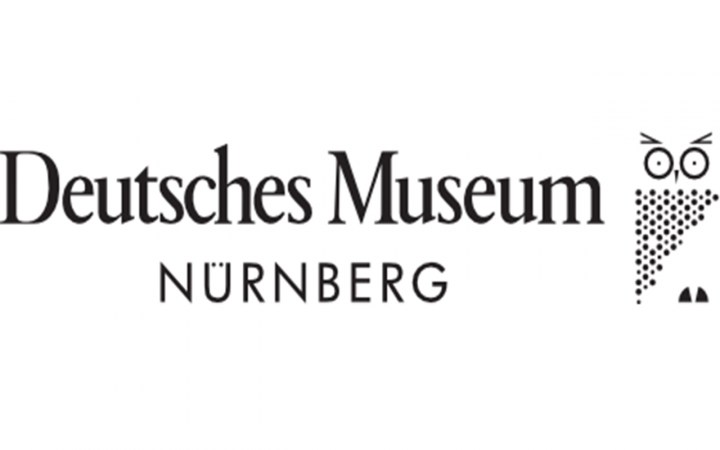
 علی ملکی
علی ملکی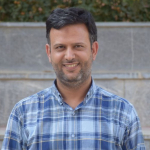 نجم الدین یزدی
نجم الدین یزدی
